Het arrangement 2.3 Farm animals is gemaakt met Wikiwijs van Kennisnet. Wikiwijs is hét onderwijsplatform waar je leermiddelen zoekt, maakt en deelt.
- Auteur
- Laatst gewijzigd
- 20-12-2022 16:08:27
- Licentie
-
Dit lesmateriaal is gepubliceerd onder de Creative Commons Naamsvermelding-GelijkDelen 4.0 Internationale licentie. Dit houdt in dat je onder de voorwaarde van naamsvermelding en publicatie onder dezelfde licentie vrij bent om:
- het werk te delen - te kopiëren, te verspreiden en door te geven via elk medium of bestandsformaat
- het werk te bewerken - te remixen, te veranderen en afgeleide werken te maken
- voor alle doeleinden, inclusief commerciële doeleinden.
Meer informatie over de CC Naamsvermelding-GelijkDelen 4.0 Internationale licentie.
Aanvullende informatie over dit lesmateriaal
Van dit lesmateriaal is de volgende aanvullende informatie beschikbaar:
- Leerniveau
- HAVO 1; VWO 1;
- Leerinhoud en doelen
- Engels;
- Eindgebruiker
- leerling/student
- Moeilijkheidsgraad
- gemiddeld
- Trefwoorden
- arrangeerbaar, leerlijn, rearrangeerbare
Gebruikte Wikiwijs Arrangementen
VO-content Engels. (2022).
2.3 Farm animals - hv12

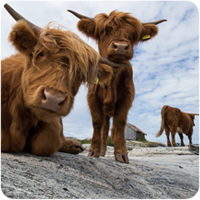 The subject of this double period is farm animals.
The subject of this double period is farm animals.

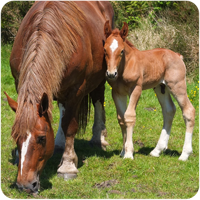 A visit to the farm
A visit to the farm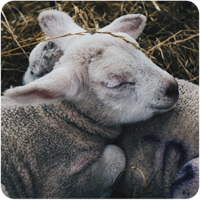 Normal lambing
Normal lambing
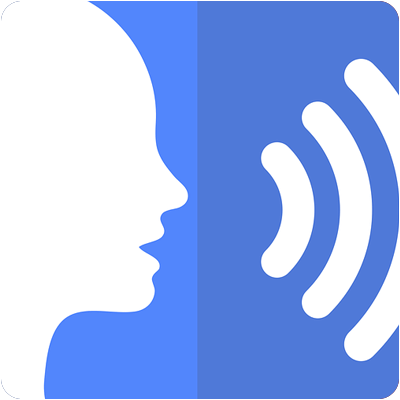 Study the words and phrases well.
Study the words and phrases well.
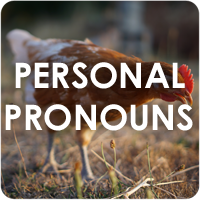 Personal pronouns
Personal pronouns
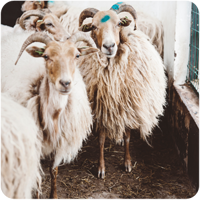
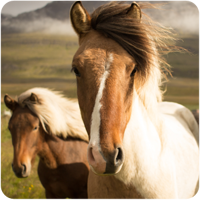
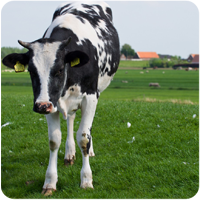 Tell me about your visit to the farm?
Tell me about your visit to the farm? An email about visiting a farm.
An email about visiting a farm. What have you learnt in this double period?
What have you learnt in this double period?